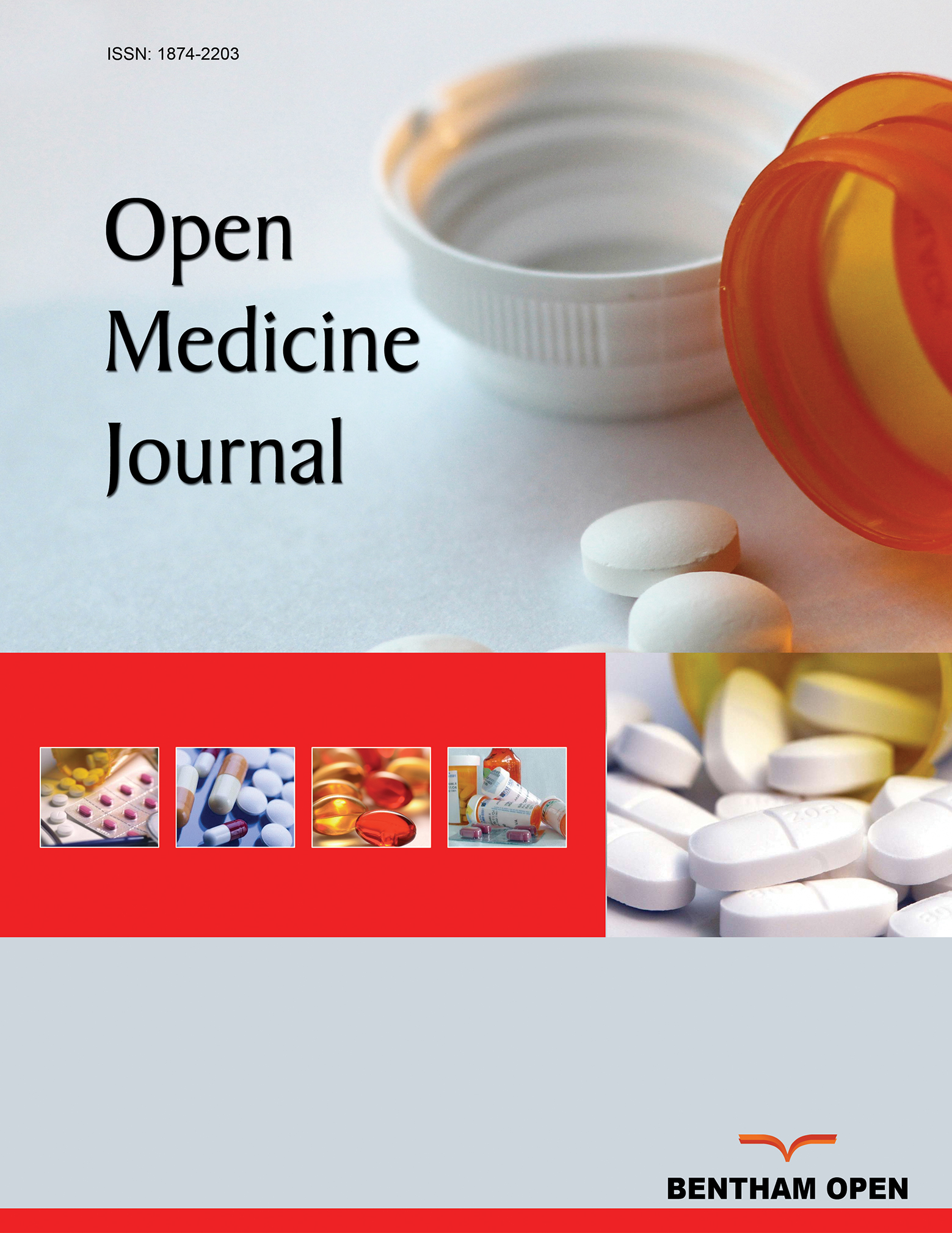Are Blood Transfusions Useful for Non-Specific Symptoms of Anemia in the Elderly?
Abstract
Background:
Over 10% of adults older than 65 years have World Health Organization defined anemia (Hemoglobin lower than13 g/dl in men and 12 g/dl in women). It is more prevalent with increasing age, exceeding 20% in the very elderly (85 years and older). Typical symptoms of anemia are nonspecific and often attributed to aging or to an exacerbation of another illness in the elderly.
Methods:
We present a case series of patients between ages 65-99 years who were followed at the Senior Health clinic and presented with nonspecific symptoms. All these patients were found to have life-threatening anemia requiring blood transfusions.
Design:
Case series.
Results:
All our elderly patients experienced good outcomes in terms of resolution of their symptoms and improvement in functional status. There was a significant difference in the total number of symptoms pre-transfusion compared with symptoms post-transfusion (p < 0.01). There were no adverse outcomes.
Conclusion:
Our case series suggests that symptoms of anemia in the elderly are often attributed to aging or other disease co-morbidities. Nonspecific symptoms like dyspnea, fatigue and confusion should not be ignored. Management decisions regarding anemia should involve functional assessment of the elderly subject. Immediate arrangements for transfusion must be made if the elderly patient is symptomatic regardless of the hemoglobin level. If monitored appropriately, blood transfusions can prolong survival, improve quality of life and functional status of the older individual.


